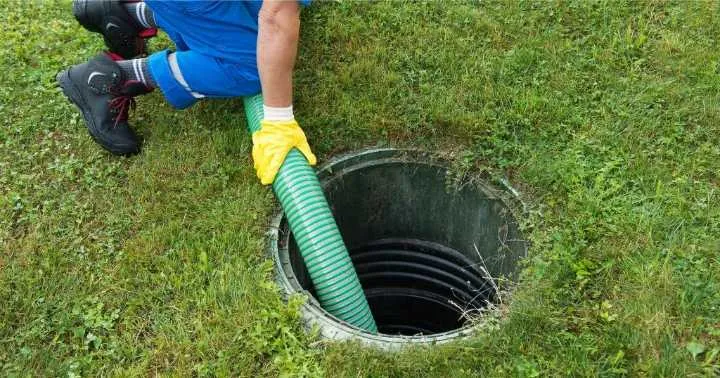Septic tank pumping is a critical aspect of septic system maintenance that every homeowner with a septic system should prioritize. However, there are instances when septic tank pumping fails to deliver the expected results, leading to costly repairs and inconveniences. In this article, we will explore the top five reasons for septic tank pumping failure and provide valuable insights on how to avoid them.
Reason 1: Irregular Pumping Schedule
One of the primary reasons for septic tank pumping failure is an irregular or neglected pumping schedule. Septic tanks gradually accumulate solid waste, and if pumping is not done at regular intervals, the tank can become overloaded, leading to system failure.
How to Avoid It:
Establish a regular pumping schedule based on the size of your tank, the number of occupants in your home, and your water usage. Experts generally recommend pumping your septic tank every 3 to 5 years. Consult with a professional septic service provider to determine the ideal schedule for your specific system.
Reason 2: Choosing the Wrong Pumping Company
Not all septic service providers are created equal, and selecting the wrong company can lead to inadequate pumping and potential system issues.
How to Avoid It:
Research and choose a reputable and licensed septic service provider. Read reviews, ask for recommendations from neighbors or friends, and ensure the company has the necessary equipment and expertise to perform the job effectively.
Reason 3: Insufficient Pumping
Sometimes, even when pumping is done on schedule, the technician may not pump the septic tank thoroughly, leaving behind residual solids and scum.
How to Avoid It:
When hiring a septic service provider, communicate your expectations clearly. Ask questions about their pumping process and ensure that they have a reputation for thorough and complete pumping. You can also request before-and-after measurements to ensure that the tank has been adequately emptied.
Reason 4: Neglecting System Maintenance
Neglecting routine maintenance of your septic system can lead to pumping failure. Failing components within the system can hinder the pumping process and result in incomplete removal of solids.
How to Avoid It:
Regularly inspect and maintain your septic system. Address any issues promptly, such as damaged pipes, broken baffles, or malfunctioning pumps. A well-maintained system ensures smoother and more effective pumping.
Reason 5: Ignoring Warning Signs
Many homeowners ignore warning signs of septic tank issues, such as slow drains, foul odors, or pooling water in the yard. Ignoring these signs can lead to pumping failure when the problem escalates.
How to Avoid It:
Be proactive and vigilant about the condition of your septic system. If you notice any signs of trouble, such as slow drains, unpleasant odors, or standing water, contact a septic professional immediately. Early intervention can prevent pumping failure and more extensive repairs.
Conclusion
Regular septic tank pumping is crucial for maintaining a healthy and functional septic system. To avoid pumping failure, homeowners must establish a regular pumping schedule, choose a reputable pumping company, ensure thorough pumping, and prioritize system maintenance. Additionally, paying attention to warning signs and addressing issues promptly can prevent septic tank pumping failure and the associated headaches and expenses.
By taking proactive steps and being diligent in septic system care, homeowners can enjoy a trouble-free septic system that serves them well for many years to come. Remember that a well-maintained septic system is an investment in your property’s value, your health, and the environment.









